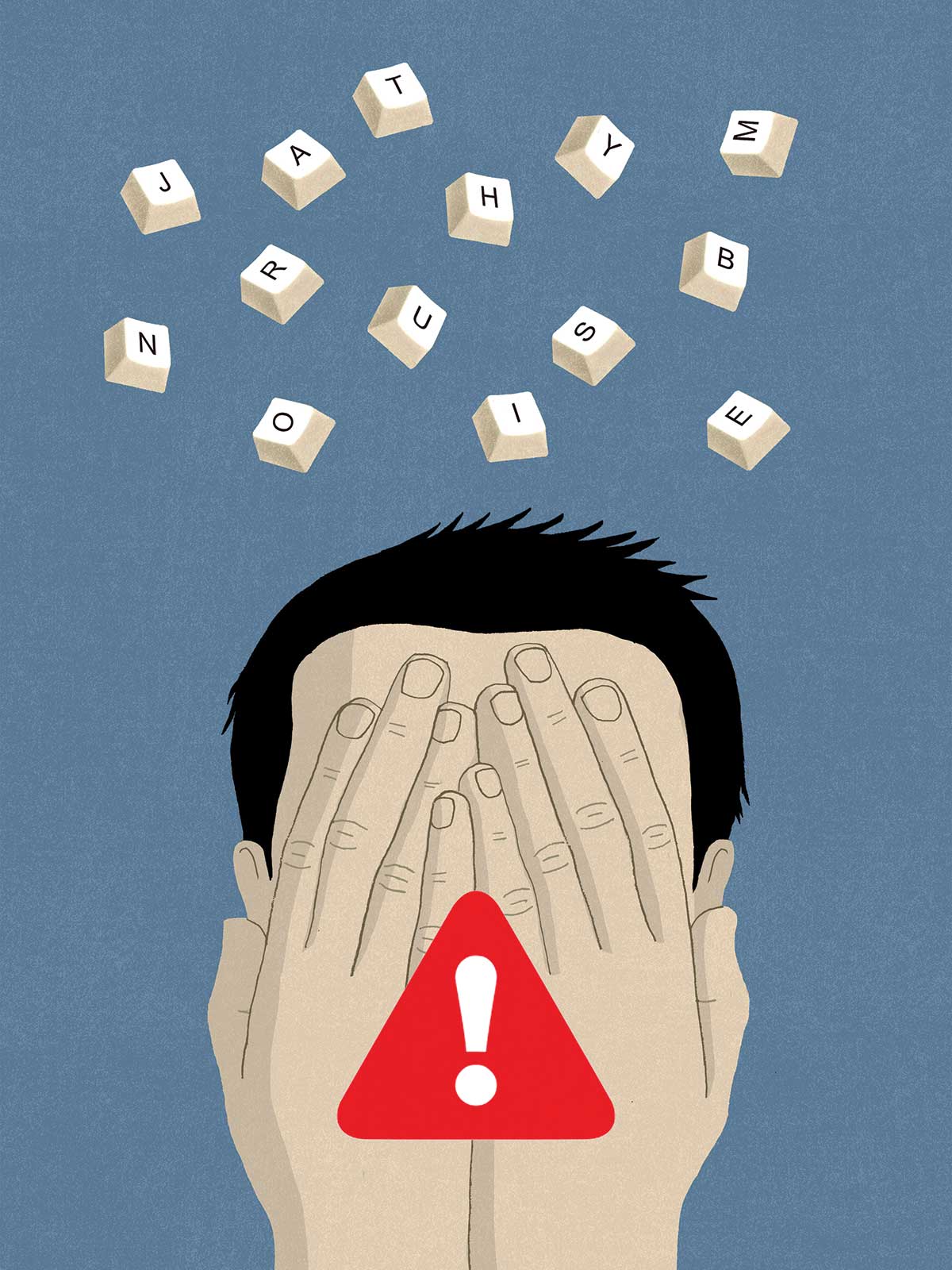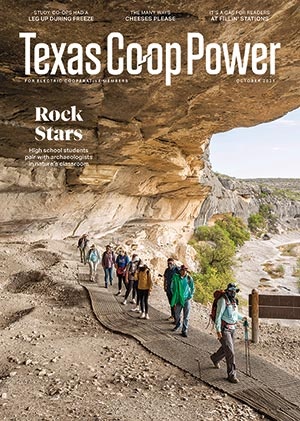The small Central Texas community newspaper where I worked early in my career suffered a series of unfortunate events in the late 1980s. Not events, really. Errors. All of them concerned one of the cardinal sins of journalism: getting a name wrong.
Over the course of a little more than a month, we had misspelled the names of three people. We were embarrassed, to be sure, but also a bit skittish. The paper’s owner had suggested that heads would roll if it happened again. So we focused even more than usual on spelling names correctly whenever we crossed paths with someone whose name we would send to print.
The issue was foremost in our minds when the phone rang in the newsroom early one afternoon, and I, the lowly sports editor, was the only one in the office to take the call. A woman on the other end said, “Y’all got my name wrong in the paper today.”
My heart stopped. “Oh, no. Are you sure?”
“Of course I’m sure. I know how to spell my own name!”
I reached across my desk for a copy of the latest edition. “Which story are we talking about?”
“It’s not a story. It’s a picture. A big one. On the front page.”
At the top of the page was a photo of several people marching in front of the county courthouse and carrying signs to protest their property taxes. The caption identified four protesters. “Which one are you?” I asked.
She told me her name, and sure enough, there was a name that is pronounced like hers but with a different spelling from what we had in the paper.
I told her I’d check into it and call her back. About that time, the photographer who took the picture and wrote the caption wandered into the office.
I told him about the call in the same sympathetic tone I would have used if he’d just been fired. At first he thought I was kidding.
“That’s impossible!” he swore, when he realized I was serious. “She’s crazy! I triple-checked it.”
“What can I tell you? The woman claims she knows how to spell her name.”
“Look,” he said, “not only did I write her name down, I had her print it on my notepad, and I read it back to her.” He fetched the notepad and showed me the page with her name printed at the top and circled. I suggested he call the woman and clear up the confusion, but he left the office in a hurry—possibly to look for another job.
So I called her back and told her I’d spoken with the man who took her name down, and he swore up one side and down the other that he verified with her how to spell her name.
“Why, he never!” she said. “He never checked with me at all.”
“Ma’am, I’ll turn this over to the editor and see if we can get it straightened out. We’ll run a correction if we got it wrong.”
Just as I began to relish the simple act of hanging up a telephone, she stopped me cold when she added, “That’s not the only thing you got wrong. I’ve never even been to one of those protests.”
It took a little while for that to sink in. “Wait. You weren’t at the protest? That’s not you in the picture?”
“It most certainly is not. I just told you I’ve never been to one of those things!”
There was a pause on my end of the phone as I measured my words carefully, hoping to sound calm and helpful and not at all dumbfounded.
“Ma’am, maybe the woman in the picture has the same name as you, only with a different spelling,” I suggested. “You think that might be it?”
Now the long silent pause came from her end of the line, though I could hear her breathing—and possibly thinking.
“Well,” she finally said. “I suppose it is possible.”
The editor later verified the identity and spelling of the woman whose picture was actually in the paper. The woman was a little annoyed. Said she couldn’t believe we were still asking her how to spell her name. We couldn’t believe it either.
The days and weeks went by without another case of mistaken identity until a woman called me to say I had spelled her daughter’s name wrong.
The first name, Sue, was so common I assumed she was talking about the last name, which featured a lot of consonants and not many vowels. But the first name was the one in question.
“It’s not Sue—S-u-e?”
“No, it’s not,” she said. “It’s S-i-o-u-x.”
We ran a correction. No heads rolled.


